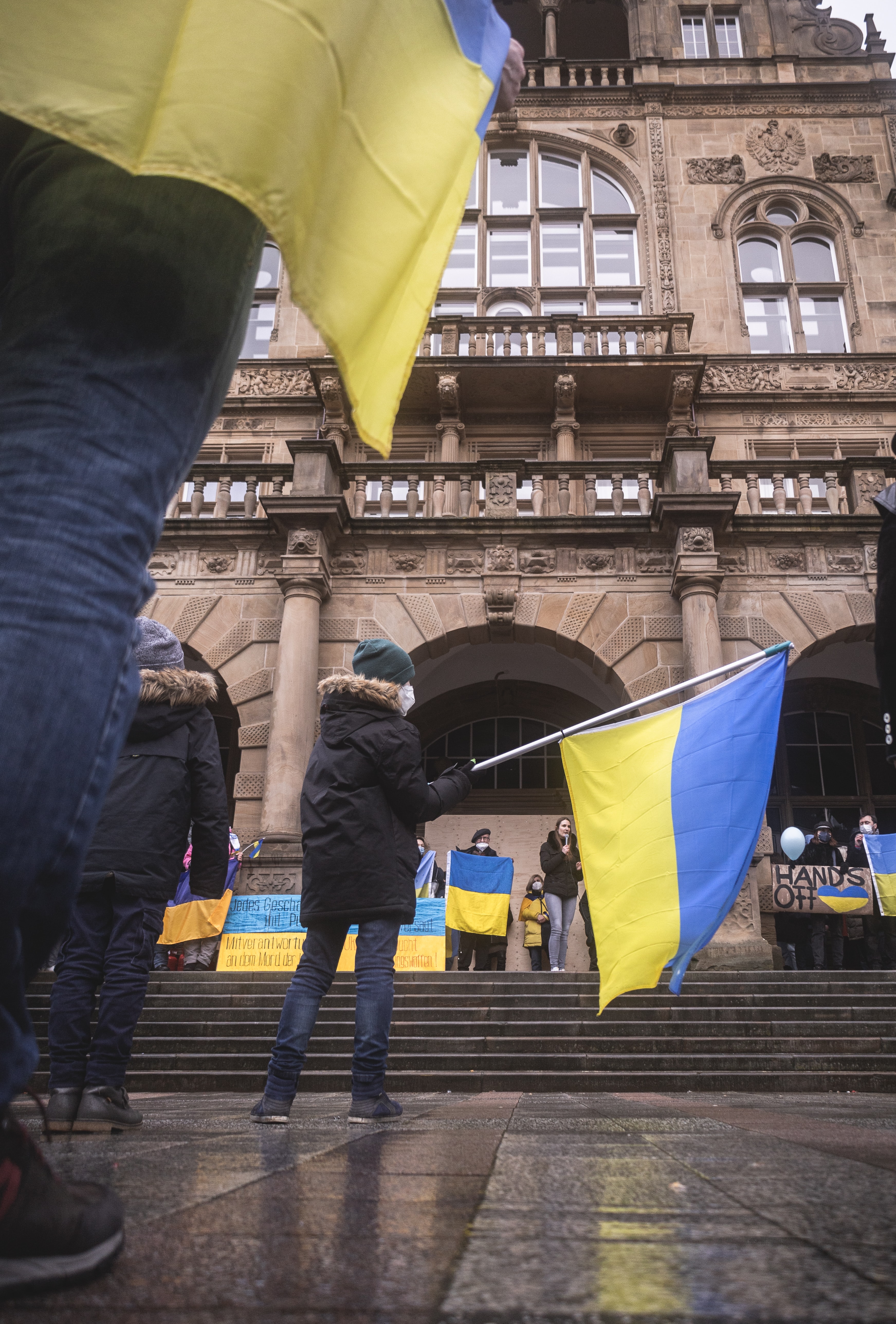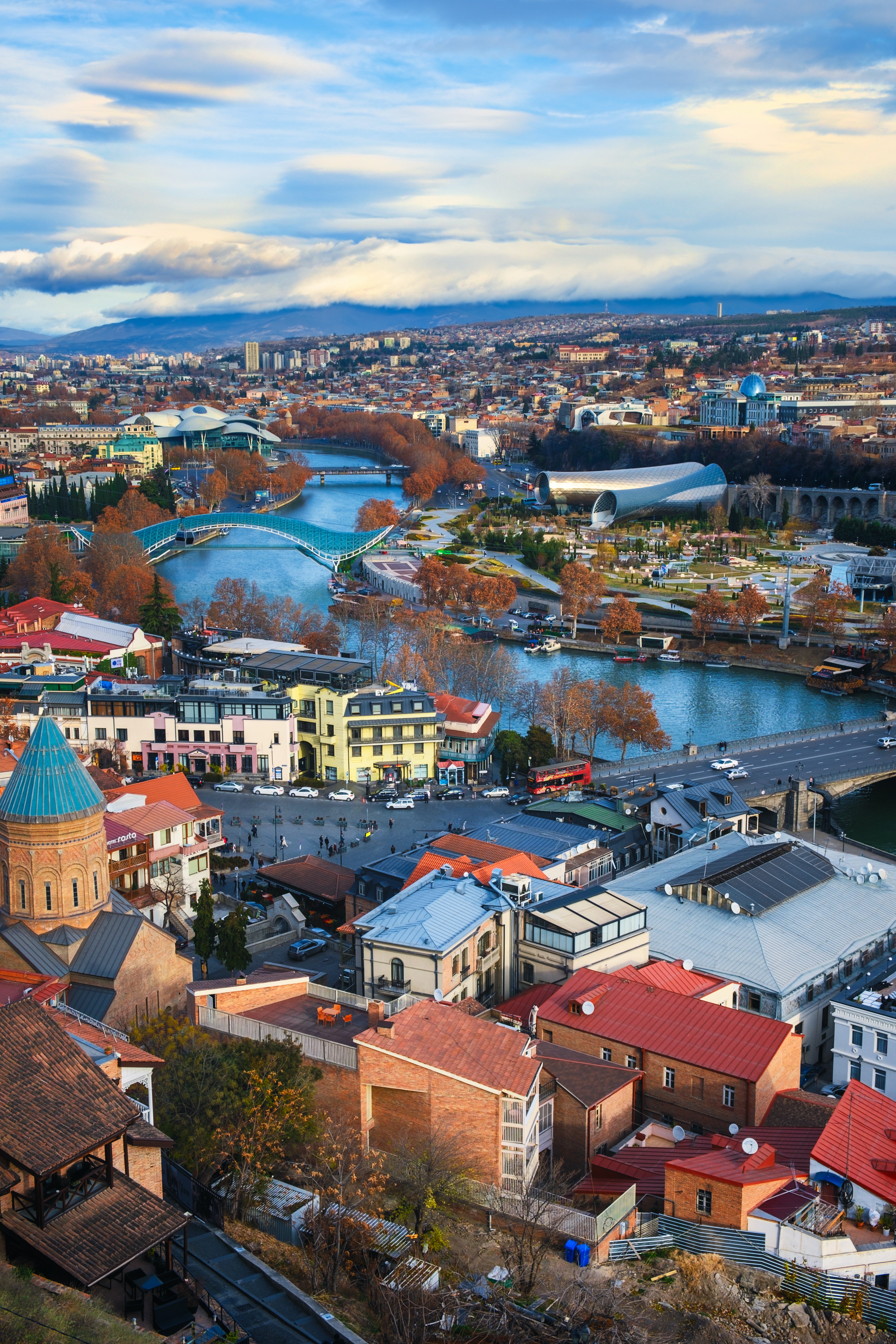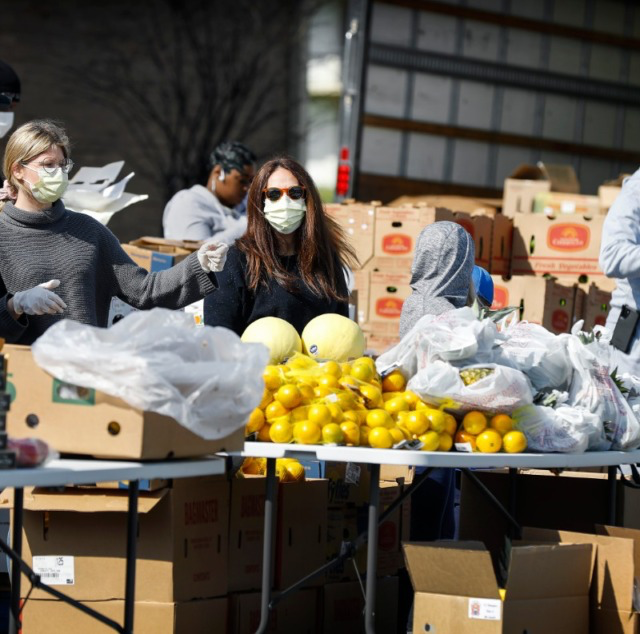Taiwan should be allowed to participation in global bodies such as the World Health Assembly (WHA), according to the country’s representative to the EU and Belgium.
Speaking exclusively to this website, Harry Tseng appealed to countries to voice support for Taiwan’s involvement in such organisations, despite the ongoing opposition from China.
He admitted that while Taiwan’s participation at this year’s World Health Assembly (WHA) later this month in Geneva, Switzerland was “most unlikely” its campaign to play a greater role in international organisation, particularly in the health sector, could continue.
The theme of its 2019 campaign for observer status at the WHA is “Health for All”, which emphasises the “vital” contribution the country can make, if given the opportunity.
Tseng cited the continuing refugee issue confronting Europe as an example of how Taiwanese medical expertise and knowledge could help.
Some of the refugees currently living in camps around Europe have been diagnosed with hepatitis B or C, a disease which, in the past, had been a particular problem in Taiwan.
He said, though, that the insight its medical specialities could bring to helping tackle the outbreak among refugees was not being utilised because of its inability to take part in the World Health Organisation.
From 2009 to 2016, Taiwan enjoyed observer status at the WHA, the decision-making body of the World Health Organization. But since then, it has not been invited to the annual meetings in Geneva, and efforts to discuss its status did not receive enough support to make it onto the agenda.
China has called proposals to discuss Taiwan’s observer status at the meetings “illegal and unreasonable,” arguing that several United Nations resolutions, including at the WHA, recognize Taiwan as part of China’s territory. It has alleged that neither WHO’s constitution nor the assembly’s procedure provide legal basis for “a region of a sovereign state to join the assembly as an observer.”
This is fiercely contested by Taiwan and the ambassador points to other examples where he says its offers of help have been rejected or it has directly suffered as a result of its exclusion from WHO.
When SARS struck in 2003 many Taiwanese people died “needlessly” because the country had to press ahead combating the disease without WHO’s assistance.
More recently, when the Ebola virus occurred in 2018, Taiwan offered a donation of some $1m to WHO to fight against the disease. The donation was rejected with Taiwan blaming “politically driven interference”.
Taiwan has forged bilateral cooperation on the health front with some nations, such as Australia and the Pacific island of Nauru.
Under an MOU signed in 2018 it has helped refugees and asylum seekers staying in Nauru who require urgent medical treatment by airlifting them toTaiwan where they undergo such treatment.
Taiwan is “committed to cooperating with like minded countries” to provide high quality medical support and humanitarian assistance, he noted.
Despite its “high quality medical expertise” Taiwan, said the diplomat, is still refused participation in WHO technical meetings. In the first half of 2018, for example it applied to attend 18 such meetings, where experts gather to discuss pressing medical concerns, but had been refused in all but four of them.
He cites the WHO’s own constitution which states that health is a “fundamental right of every human being, without distinction of race, religion and political belief.”
Even so, Taiwan’s 23.5m population is, he says, is “being left behind” because of its exclusion from WHO.
“There is a certain hypocrisy on the part of WHO,” he said.
The EU, he said, supports Taiwan’s position but has limited influence as it is only an observer member of WHO itself.
Parliament has also passed several resolutions which express “wholehearted” support for the Taiwanese case which has also been championed by the assembly’s Taiwan friendship group.
Taiwan’s diplomatic allies have spoken out for Taiwan’s participation and, last year, the U.S. said it was “greatly dismayed” that China had once again blocked Taiwan from receiving an invitation to attend the WHA.
The ambassador said, “Taiwan is committed to global health and we believe we should not be excluded from these critical discussions of the technical meetings or WHO membership.”
As part of its efforts to share Taiwan’s medical expertise with WHO member states, the country will lead a delegation to Geneva in May, he said, for a series of WHA sideline meetings involving public and private sector representatives, as well as health care professionals.
Taiwan’s participation, from 2009 to 2016, as an observer in the annual WHA came after 38 years of exclusion.
the ambassador concluded, “Our involvement is widely acknowledged as helping strengthen global disease prevention efforts and safeguarding global health.”




